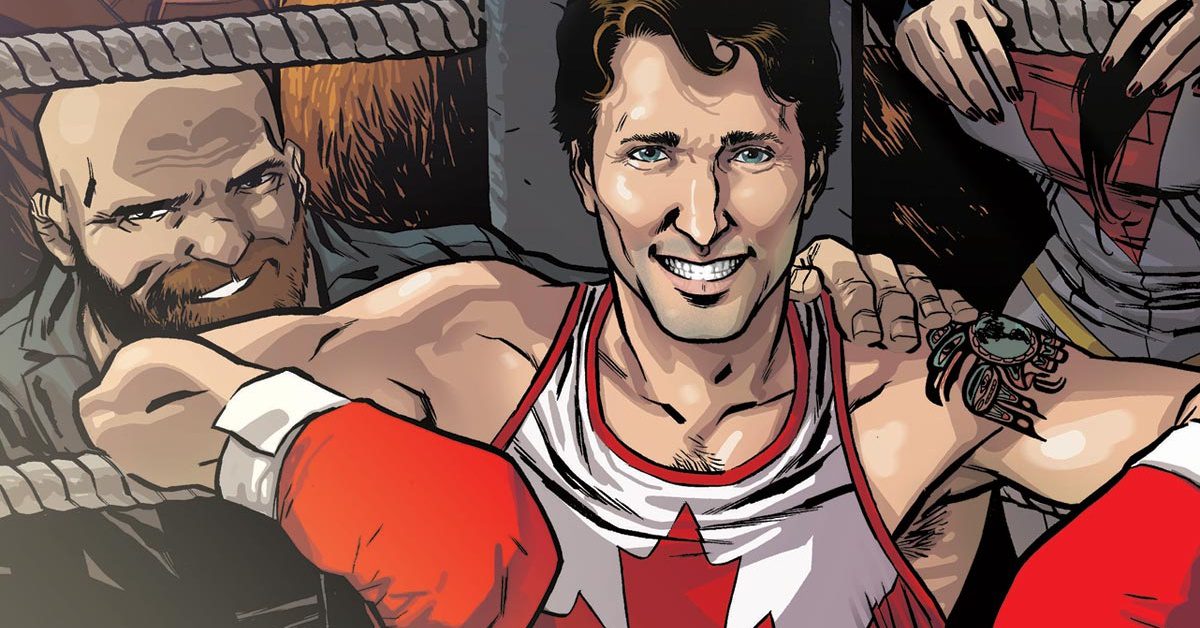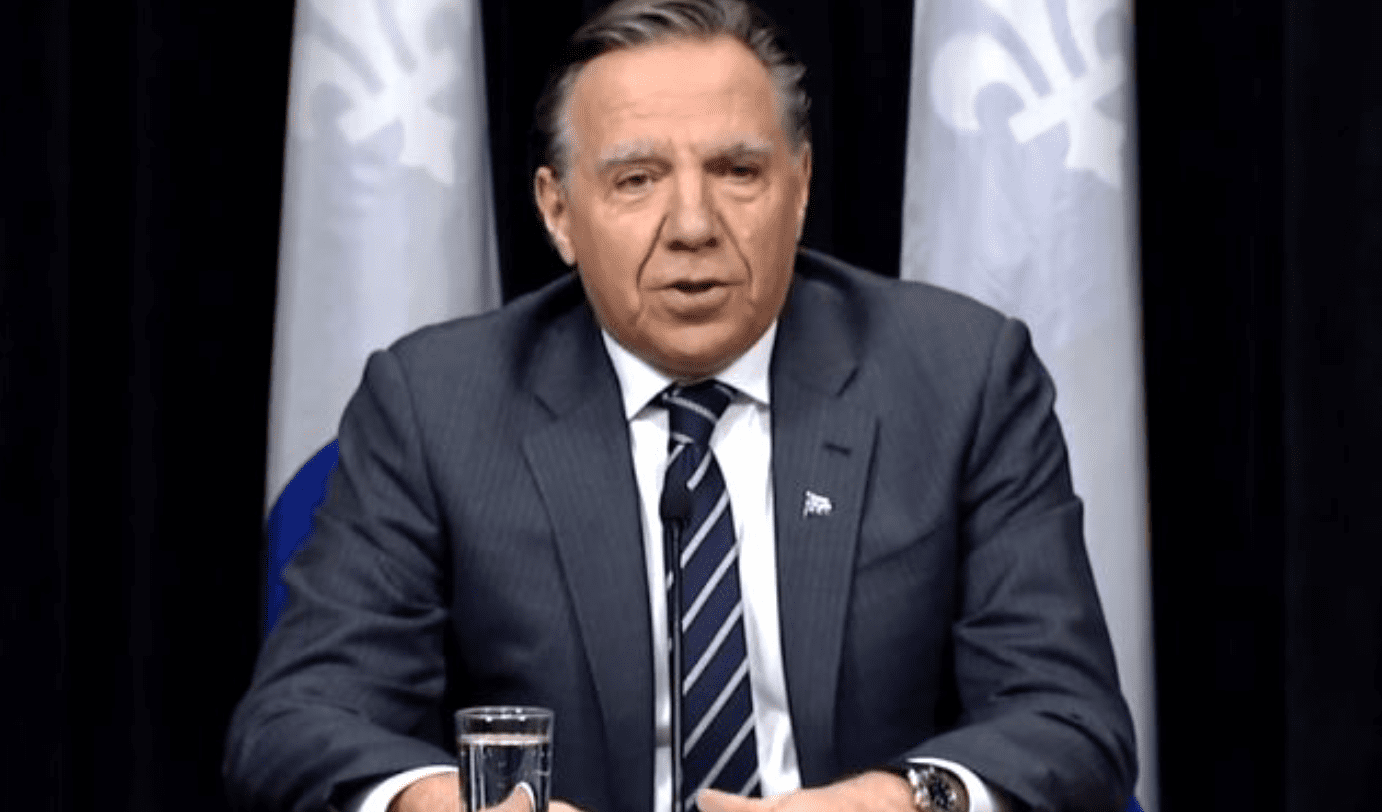When people ask why Trudeau doesn't do something about some issue, many sarcastic replies spring to mind. Including "Which of his past deeds make you want him to do anything else?" But on foreign policy, from Keystone XL to Afghanistan, the problem is often that there's very little any Canadian prime minister can do about the state of the world. We're just not big enough and certainly not properly armed.
The latter, you might say, is one thing Trudeau could fix. And here I yield to snideness, asking whether the guy behind giving WE the job of handing out student grants, and now hiring Bombardier to take $150 million to do some unspecified thing at some unspecified time, is really the one to cut the Gordian knot of Canadian defence procurement. Or the guy whose commitment to feminism included stamping out harassment in the military.
On the other hand, to be as fair to the man as possible, Canadian defence procurement is one issue where he would have trouble making it worse. Inviting him to try would be asking for trouble. But Canada's record here is so bad over so many decades that it would be unfair to say we lack influence in the world because Trudeau hasn't bought us fighter planes, combat or supply ships or even pistols.
Yes, we lack influence in the world because we do not have these things. And no, he has not bought them. But nor did his predecessors. And nobody cared. In Who Killed the Canadian Military? Jack Granatstein said it was every Prime Minister since Louis St. Laurent. And none, because ultimately it was us, the citizens, who did not object as fewer and fewer troops got older and older gear, and who indeed would have howled had anyone tried to take money out of our social programs to fund some silly thing like defence.
As so often, it gets worse, and we all get to shoulder the blame. Because the problem isn't just unwillingness to spend and inability to procure. Behind it lies the conviction that we don't really need armed forces because we're so special. One Prime Minister after another has declared that we possess a unique and mighty influence in the world because we're so Canadian.
The specifics vary. Perhaps we're a moral superpower. Perhaps we're an energy superpower. Perhaps we're the bridge between East and West. Perhaps the world needs more Canada. Perhaps the world cares a lot about Canada. Perhaps the world could find Canada on a map.
They don't normally use the phrase Barack Obama did about practically every ally he ever visited, that we "punch above our weight", because punching is brutal and archaic. But we have these magic frown beams or some capacity to radiate "diplomatic pressure" against which mere armies and missiles are straw.
Guess what? We don't. Not because we aren't sufficiently Canadian that if China invaded we would apologize, or we aren't sufficiently smug, or some such thing. Because these methods just don't work. Frederick the Great once said that diplomacy without arms is like music without instruments. And we have no band.
Or course we can still sing our own praises. But to an empty hall when we go on a foreign tour. Xi Jinping doesn't care. Vladimir Putin doesn't care. The Taliban don't care. Bashir al-Assad doesn't care. Joe Biden doesn't care.
It is true that Trudeau did not try to get Biden to change his mind on Keystone XL. He pretended, a bit, because somebody told him he had to make some sort of feeble gesture in the direction of the West and oil industry jobs. But Trudeau is a committed global warming activist and such people don't like pipelines because they don't like oil. (Note to Alberta, the energy industry etc.: If you won't defend oil, forget defending pipelines. It's like arguing for bongs but against marijuana.)
So yes, he could have told Biden change your mind or else. But Biden would have said "Or else what?" (Or "Who is this guy?") and there would have been no answer. The same is true of the Taliban.
I agree with Terry Glavin that we and the Americans should speak frankly, and think frankly, about the Pakistani government's malign role in Afghanistan's torment. As Malcolm Muggeridge memorably said of Stalin's Holodomor, "Whatever else I may do or think in the future, I must never pretend that I haven't seen this." But I'm far from sure the Americans can do much about it and I'm dead sure Canada can't. And we won't get far pretending we haven't seen that one either.
We are of course a very wealthy nation. And Trudeau is doing his best to prove that no amount of productive capacity can withstand the relentless assault of a government that is as clueless about economics as it is conceited, so again before calling on him to act on a problem be careful what you wish for. But in any case butter doesn't win wars.
Geopolitics isn't Plants v. Zombies. And if you asked Xi Jinping how much money he would require to stop repressing Hong Kong or Uighurs, he would say "Give me your whole GDP and we'll talk." The Politburo is not for sale and neither is ISIL.
Many foreign actors aren't in it for the money and most of the rest don't understand economics any better than our leaders. And even if they did, prosperity furnishes minimal foreign leverage. Trade embargoes hurt us as much as them and paying Danegeld just brings more Danes.
If we had a navy and an air force people might pay some attention to us. But not a lot. Especially as most of the trouble-makers discussed above have nuclear weapons which we piously renounced half a century ago under the very real and very silly conviction that it would make us more powerful as if we were Obi-wan Kenobi or Jesus or something.
Trudeau may be a product of that conviction, and he may aid and abet it. But he certainly isn't the guy to do something about it for many reasons including that he's also not the source of it. We are.
Photo Credit: Marvel








